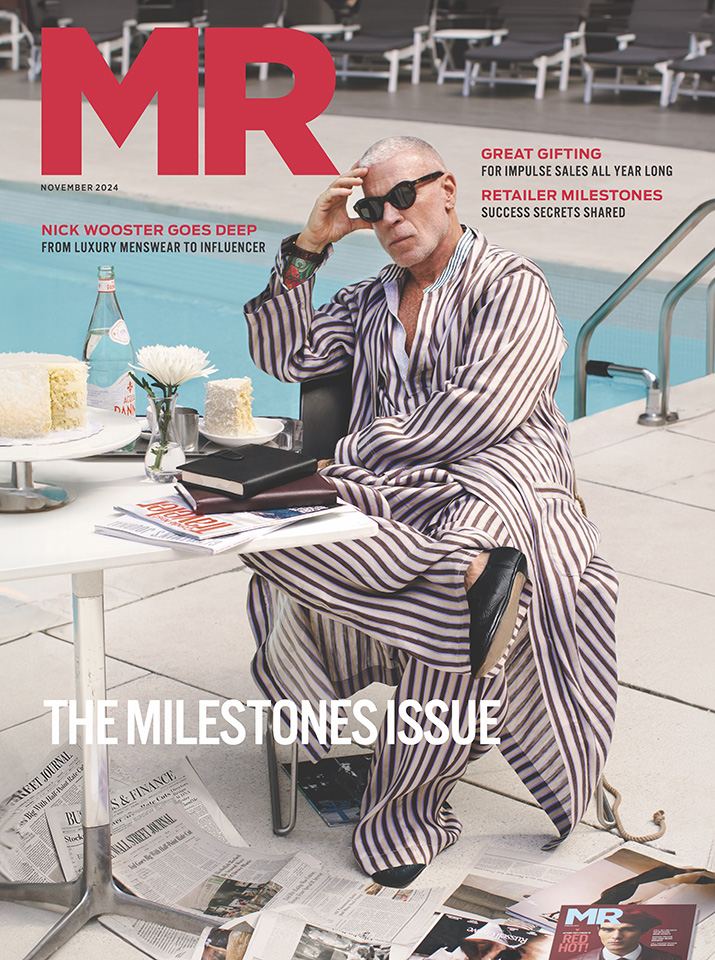Why Do We Lionize Bad Bosses?

As long as we’re rethinking power and its abuses, perhaps it’s also time we rethought bosses. Especially the bad ones. What does it mean, right now — or what might it mean in our near future — to sit atop a company or division or department, to wield power, to hire and fire and direct a group of workers to do your bidding, and to be vindictive, short-tempered, and mean? After all: From the chilling revelations of Me Too to the resurgent labor movement and socialist critique of capitalist excess embraced by a generation (of mostly young professionals), there is perhaps a greater awareness of workplace inequity, abuse, and plain-old cruelty than there has been at any other point in my adult working life. Many of us were taught — in school and on television and by a media that celebrated power and made bosses celebrities — that being in charge was an aspiration, a signal of success and a life well spent. But relatively suddenly, the notion that those on top represent some kind of infallible authority feels antiquated and wrong. Read more at The Cut.

